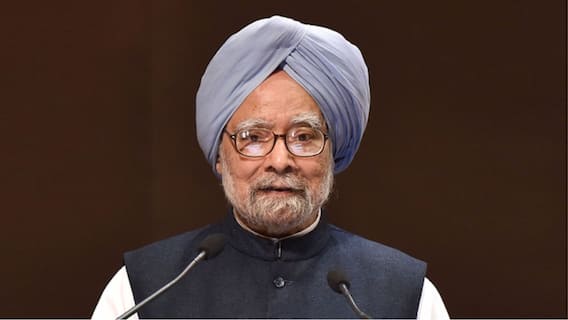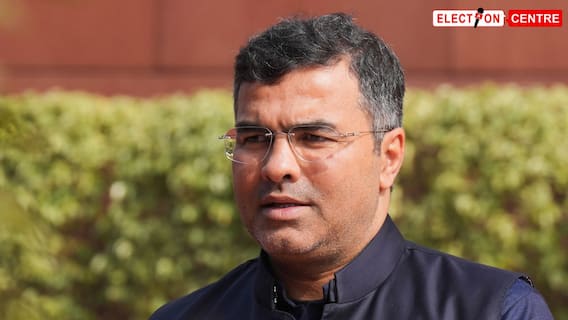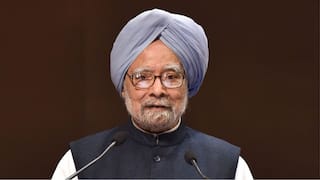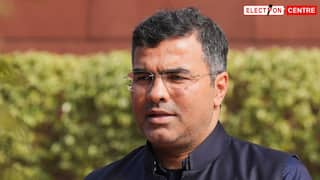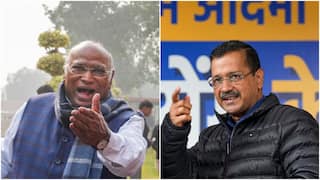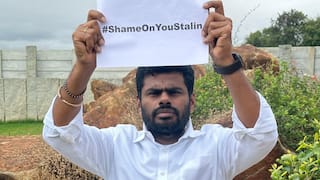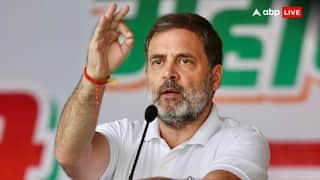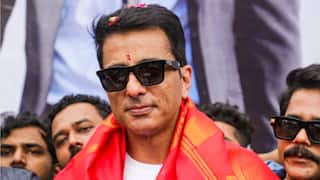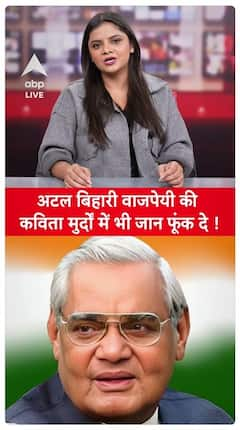India Poised To Become A 25 To 30-Trillion-Dollar Economy By 2050: Gautam Adani
Gautam Adani also noted the significance of the Dharavi Redevelopment Project, a major urban renewal initiative that he believes will have a profound impact on Mumbai’s landscape

Adani Group Chairman, Gautam Adani, delivered a keynote address at Jai Hind College, Mumbai, on Thursday where he spoke on a range of topics, including India’s economic growth, the Dharavi Redevelopment Project, and key moments in India’s journey from a licence raj to liberalisation. His address touched on both the future of the nation and his personal experiences as a business leader.
During the speech, Adani predicted a remarkable economic trajectory for India, stating, "Within the next decade, India will begin adding a trillion dollars to its GDP every 18 months, setting the country on track to becoming a 25 to 30-trillion-dollar economy by 2050.” This bold vision underscored Adani’s optimism about India's future, highlighting the country’s rapid growth and the potential for significant global influence.
Adani also noted the significance of the Dharavi Redevelopment Project, a major urban renewal initiative that he believes will have a profound impact on Mumbai’s landscape. The project, which covers nearly 600 acres in the heart of the city, aims to transform one of Asia’s largest slums. "For me, Dharavi is not just about urban renewal; it is about restoring the dignity of over 1 million residents of our country," said Adani. He highlighted the importance of dreaming big and taking purposeful action, reflecting his broader belief in India's capacity for transformation.
The much-anticipated work on Dharavi is set to commence in the next 6-8 months, according to SVR Srinivas, CEO of the Dharavi Redevelopment Project (DRP) and the Slum Rehabilitation Authority, Government of Maharashtra. The project is seen as a landmark effort to address urban challenges in Mumbai, providing better living conditions for its residents and modernizing a critical part of the city.
Adani’s speech was delivered on the occasion of Teacher’s Day, and he took the opportunity to express gratitude to the educators present, wishing them a happy Teacher’s Day. His personal reflections during the address added depth to his insights, as he recounted his own journey from a 16-year-old leaving his education to pursue opportunities in Mumbai. "Mumbai was my training ground for business. It is here where I learnt the trade in diamonds. It is Mumbai which taught me to proceed you need to break boundaries," he said, referencing his early days in the city that shaped his entrepreneurial career.
Adani also delved into India’s economic evolution, beginning with the country’s first steps toward liberalisation in 1985 under Prime Minister Rajiv Gandhi. He highlighted how the easing of import policies opened up new opportunities for businesses like his, allowing him to start a trading organisation for importing polymers to supply to small-scale industries. "Despite having no prior experience in trading, I saw an opportunity in this environment of new policy," he said, explaining how this leap laid the foundation for his future successes.
He continued by reflecting on the pivotal economic reforms of 1991 under Prime Minister PV Narasimha Rao and Finance Minister Dr Manmohan Singh, which marked the end of the licence raj and opened India’s economy to foreign investments. These reforms, according to Adani, were transformative for the country’s business landscape. "Every nation has its transformative years that change the direction of its future," he said, pointing to 1947 (India's independence), 1991 (economic liberalization), and 2014 (the governance reforms under Prime Minister Narendra Modi) as key milestones in India’s development.
Adani also acknowledged the challenges faced by many established business houses in the post-licence raj era, which failed to evolve with the new economic policies. He credited his own company’s success to its willingness to take risks and capitalize on emerging opportunities. "In every crisis lies the potential for reinvention, and it is our courage during these moments of truth that defines the path to greatness," he said.
He concluded by encouraging students and business leaders alike to challenge the status quo and look beyond the present. His speech highlighted the importance of adaptability, vision, and boldness in achieving success, both for individuals and for the nation.
Trending News
Top Headlines





